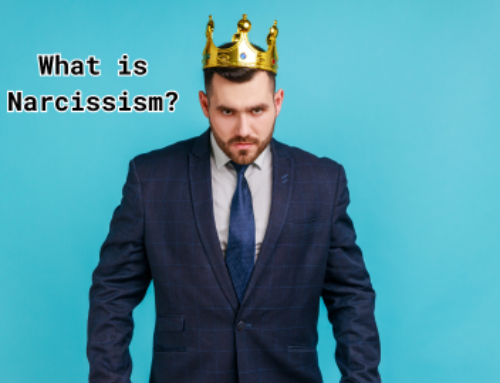Which Came First?
When discussing the interactions between major depressive disorder (MDD) and addiction, the question of which came first is difficult, convoluted, and likely pointless.
- Both make the sufferer more likely to isolate.
- Both can come with overwhelming feelings of guilt and shame.
- Both often take a toll on the body.
- Both negatively affect relationships with family, friends, and employers.
With addiction, the initial use of the substance may be chosen to get enjoyment, cope with pain, or any combination of those two along a spectrum. Eventually, the pleasure (or alleviation of pain) from using the substance is no longer what it used to be. Worse, the effect of not using often becomes the incentive to use—cravings, sickness, negative emotions difficult or impossible to control.
Common Denominators
In short, depression and addiction, when comorbid (both present at the same time), exacerbate each other. They even have many of the same triggers.
- Trauma in one’s formative years.
- Genetic predisposition.
- Having a close relationship with a sufferer, particularly without witnessing recovery.
- Low socioeconomic status and/or marginalization.
Stronger Together
One good thing about the relationship between addiction and depression is that they can be treated together, and an improvement in one area spreads to others. For instance, someone receiving therapy and medication for MDD finds they no longer feel as much of a need for their substance of choice. Or, someone who has decided to stop using sees an improvement in their physical health and finances and gains a better outlook on life.
Fight the Suffering, Not the Sufferer
If you know someone who is suffering from mental health problems comorbid with addiction and you want to help, we have some advice. People can quickly turn defensive and may be less likely to get help if they feel confronted and judged. Always come from a place of love—make it clear that you want happiness, health, and good things for them, and these habits not good for them. Living this way is not serving them.
Be cognizant of how difficult recovery can be and aware of the psychological attachment they have developed to their habit. Giving up a substance or behavior is terrifying, especially if it is the best or only comfort they have. It’s very important that the substance or behavior is fully replaced with healthy coping skills, busyness, and support. If they have nothing to lean on, it is very likely that they will relapse. Facing the world and all the pain it holds with no buffer or retreat is a monumental prospect.
Realize that recovery is a process. It is highly unlikely that the sufferer will just decide to be clean one day and have no difficulties maintaining sobriety thereafter. If you want to be involved in their recovery, be ready for that.
Treatment Options
If you or a loved one are suffering with MDD comorbid with depression, the helpline for the Substance Abuse and Mental Health Services Administration’s (SAMHSA) helpline is open 24/7/365 at 1-800-662-4357. Many people find successful remission through therapy, medication, and social support. If those do not have the desired effect or no longer have the desired effect, brain-stimulation therapies like transcranial magnetic stimulation (TMS) can be an option. TMS is approved by the FDA and covered by major insurance carriers for treatment of diagnosed, treatment-resistant MDD. If we can treat the depression that is so strongly comorbid with depression, we can make a big difference in the life of a sufferer.




